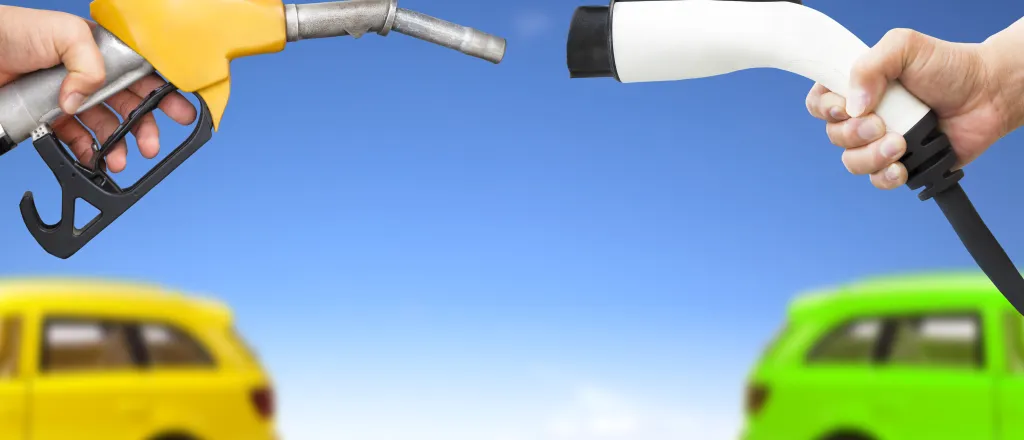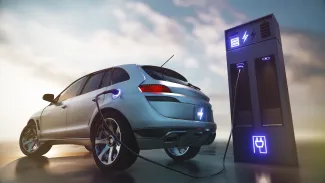
Expert calls electric vehicles better for environment
Click play to listen to this article.
(Nevada News Service) Nevada is home to North America's largest lithium deposit, a needed metal for electric vehicle battery manufacturing. And while some argue EVs are the way of the future, especially as communities in Nevada and around the world continue to battle climate change, others are more skeptical about how "green" EVs truly are.
Jarod Kelly, principal energy systems analyst at the Argonne National Laboratory, a science and engineering research center, has been looking into exactly that. Put simply, he said research shows EVs are better for the environment than their gas-powered counterparts.

"We see electric vehicles outperform internal combustion engine vehicles, assuming that vehicle is basically the same as the other one. That is a pretty clear picture that the environmental community has seen from the research that we have conducted," Kelly said.
While the manufacturing process of an EV or hybrid battery does produce harmful greenhouse-gas emissions, they still account for less over the lifetime of an electrified car when compared with gas-powered ones. PNAShas created "emission calculators," which use Argonne data. Kelly explained the calculators simplify his organization's more complex model called GREET, which examines the effects of different transportation fuels and vehicle technologies on energy use and the environment.
If the adoption and implementation of more renewable energies become stronger in the coming years, meaning the electrical grid around the country becomes less dependent on fossil fuels, researchers such as Kelly suspect greenhouse gas emissions from electric vehicles would flatten out instead of continuing in an upward slope as current models show.
"We have to understand both how you make that vehicle, that is what we call the 'production burden,' and then also what goes into operating that vehicle, so driving it where you are trying to go, and we call that the 'fuel cycle.'" he continued.
While many drivers may be hesitant in switching to an EV due to the availability of charging infrastructure, Kelly said hybrids may be a good alternative. While the much smaller batteries in hybrids don't require such large carbon emissions to manufacture, the emissions savings over the long haul are still significantly less than an EV as they also use gas.
This story is based on original reporting by Peter Aldhous for the Proceedings of the National Academy of Sciences.














